A commemorative event in memory of the Jews killed in 1941 in the "death train" took place on Thursday in (southeast) Calarasi, in the presence of some survivors of the pogrom in (northeast) Iasi, who recalled the ordeal they went through in those times.
The organizers - Federation of Jewish Communities of Romania (FCER) - the Mosaic Cult, the Elie Wiesel National Institute for the Study of the Holocaust in Romania, the Charity Foundation and American Jewish Joint Distribution Committee - wanted to bring to public attention the fact that on July 6, 1941, first "death train" arrived in Calarasi Station, with the Jews deported from Iasi after the pogrom on June 29.
"Of the 2,530 Jews crammed into wagons, by dictator Ion Antonescu, over 1,500 died on the road, suffocated and thirsty, and the survivors who arrived in Calarasi, in 1,011, were imprisoned, in a camp regime, in several buildings in town. Over 100 of them died due to inhumane conditions of detention,' was the message read at the opening of the event by Robert Schorr, director of the FCER Culture and Art Department, a message inscribed on three commemorative plaques.
The recent field investigations conducted by the researchers of the Center for the Study of the History of Romanian Jews "Wilhelm Filderman" (CSIER-WF) within FCER led to the identification of the buildings and places in Calarasi where the Jews deported from Iasi with the first "death train" were detained. Also, new documents regarding the Jewish ordeal in Calarasi were released from the Bucharest archives, emphasized the director of the FCER Culture and Art Department, Robert Schorr.
FCER-CM president Dr. Aurel Vainer recalled the tragic events of 78 years ago, which he described as "a great human adventure, accompanied by unfathomable suffering, ending with innocent human victims."
The Holocaust in Romania is less known in the world, but in recent years this part of history has been understood by more and more people, said the Ambassador of the State of Israel in Bucharest, Daniel Saranga.
"Our common duty is to continue and talk about what happened here, on Romanian soil. (...) Today we live in a world, especially in Europe, where xenophobia, intolerance, anti-Semitism are part of society and we all have to fight against them. In this context, what the Romanian Government is doing is perceived in a positive way, not only in Israel, but throughout the world, and I want to congratulate the Government, the Romanian Presidency on everything they do to fight against anti-Semitism. (...) The Holocaust was against the Jewish people, but at the same time it was against human values, European values, as we know them today. Our duty is to prevent it from happening again," Daniel Saranga pointed out.
The Holocaust was and remains one of the most tragic and shameful pages in the history of humankind, said Igor Iniushkin, Minister-counselor in the Russian Federation in Romania.
Iancu Tucarman, survivor of the Iasi train - Iloaiei Bridge, evoked with emotion the ordeal spent on the "death train".
FCER Director Adrian Cioflanca reviewed some of the steps that led to the organisation of the commemorative event, namely the scientific research that may have consequences, the archives on the Iasi Pogrom, over 100,000 pages of documents, including the Calarasi episode illustrated by the testimonies of the survivors, from the local area and from the central level decision-makers who participated in this atrocity, the mass graves from Sabaoani and Iugani-Mircesti.
Magistrate Colonel Irinel Rotariu, deputy military prosecutor of the Iasi Military Prosecutor's Office, coordinator of the Romanian National Expert Network on Genocide Prevention and Multidisciplinary Research on Mass Graves, under the aegis of the Ministry of Foreign Affairs and of the Public Ministry, underlined the attachment of the two ministries to the research of the Holocaust and in general the investigation of the atrocities committed in Romania during the totalitarian Nazi and communist regimes.
FCER Secretary General Mr. Eduard Kupferberg, director of the Rabbinical Chancellery of Romania, said that during the Holocaust, not only 6 million Jews died, but maybe 20 million, because all those killed would have had, in their turn, children, grandchildren.
The Mayor of Calarasi, Daniel-Stefan Dragulin, declared himself honored to be able to attend an event he only read about in books on the horrors committed in World War II.
Jewish victims of death trains, commemorated in Calarasi
Explorează subiectul
Articole Similare

9
PSD's Fifor welcomes President Dan's decision to attend next week's Peace Council meeting
9

18
DefMin Miruta: Romania must not be only a beneficiary of security, but also a provider;we need competitive industry
18

22
HealthMin Rogobete: Regional Oncology Institute in Timisoara must become operational by end of 2028
22

18
Geoana: Transatlantic relation remains essential and unique, but it needs to find a new balance
18

38
Gov't welcomes purchase of Giurgiulesti International Port operator, as it contributes to strengthening Strategic Partnership
38

12
Finance minister says priority remains continuation of budgetary discipline and economy relaunch on sustainable basis
12

21
BrancusiYear/Small table and trovants, story of Constantin Brancusi's lesser-known works
21

18
Fitch affirms Romania at 'BBB minus'; outlook negative
18

14
DefMin Miruta has meetings with European defence industry representatives on Munich conference sidelines
14

15
Figures from real economy show for two years we not well (professor Cristian Paun)
15

17
FEATURE STORY/Daniel Castle in Talisoara features murals of local aristocratic life, similar to today's social-network style
17

11
International Master's programme Inclusion Studies launched by Stefan cel Mare University, two European universities
11

10
Bucharest Stock Exchange closes lower Friday's trading session
10

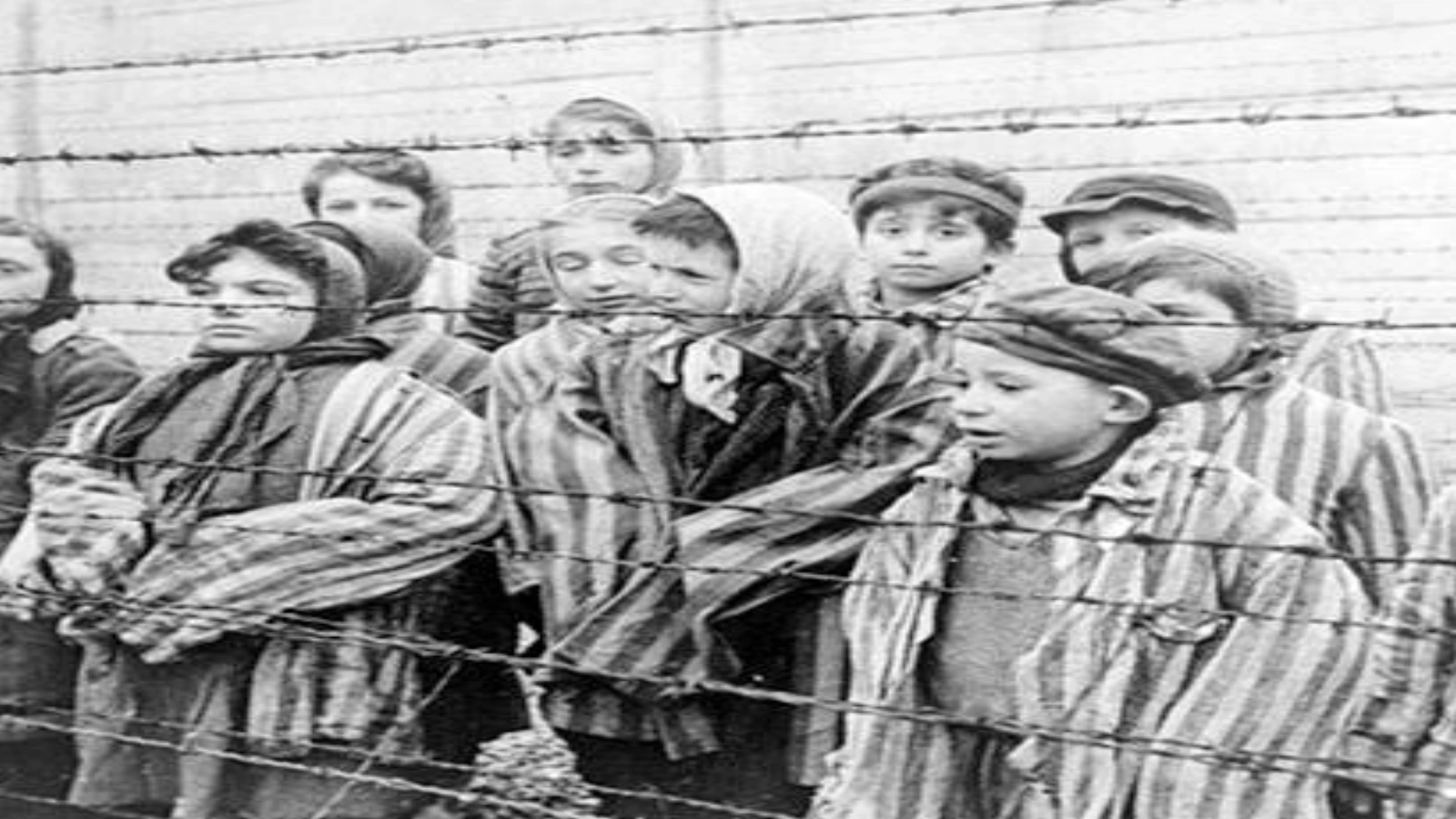

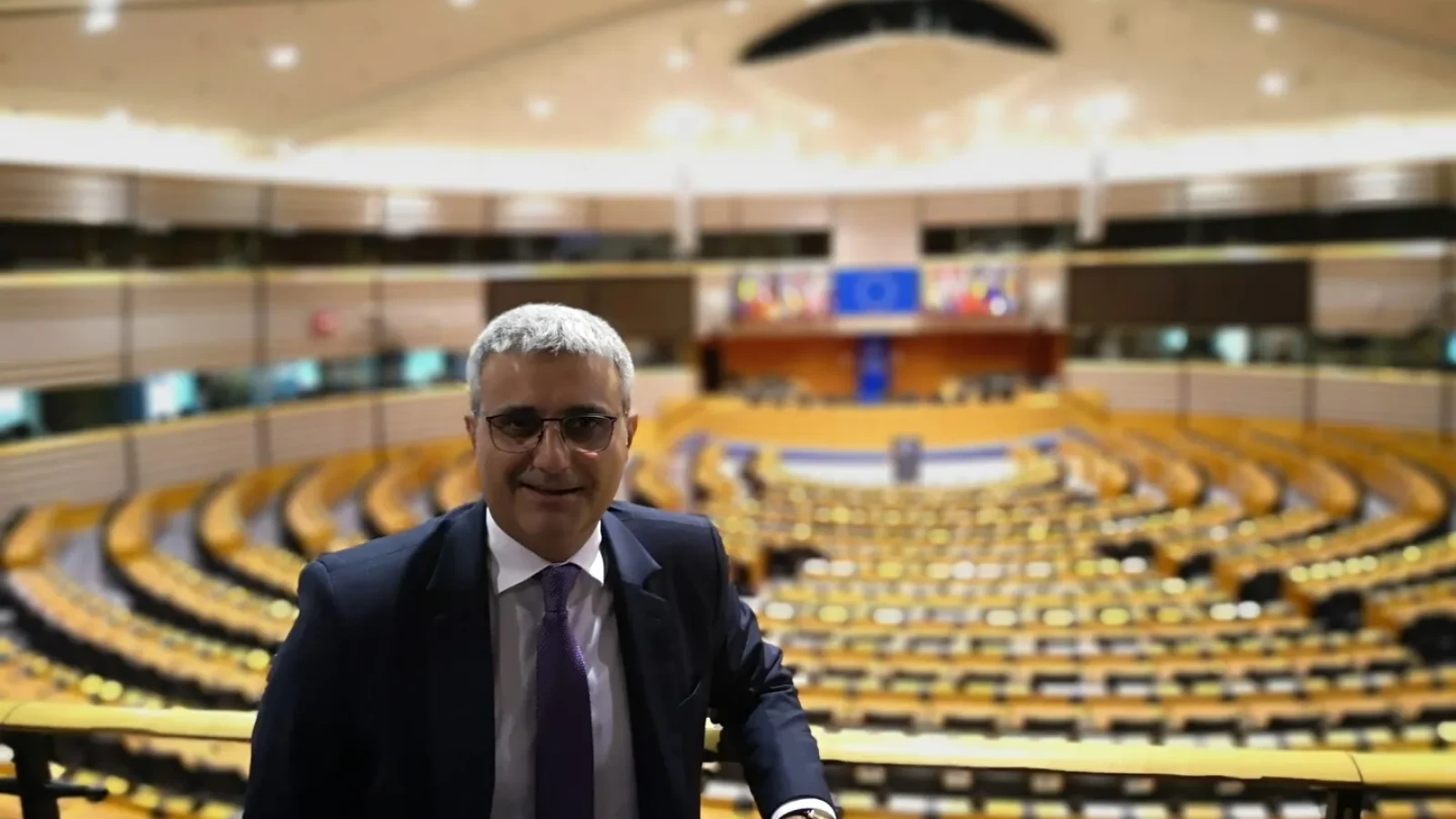



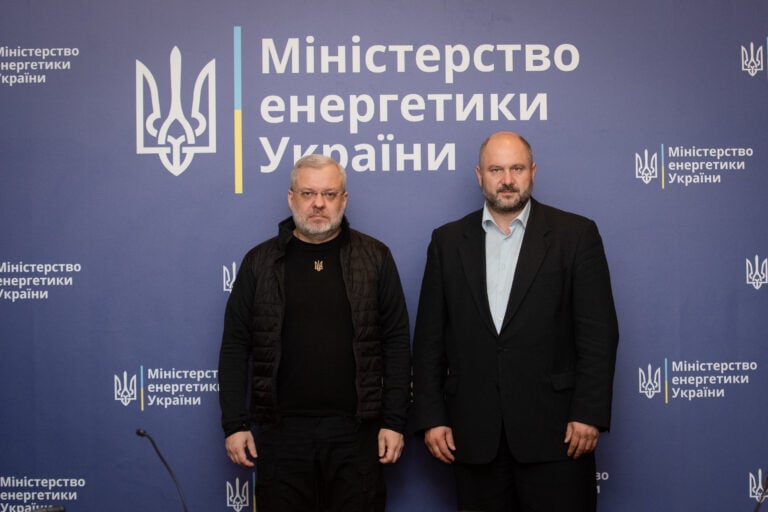

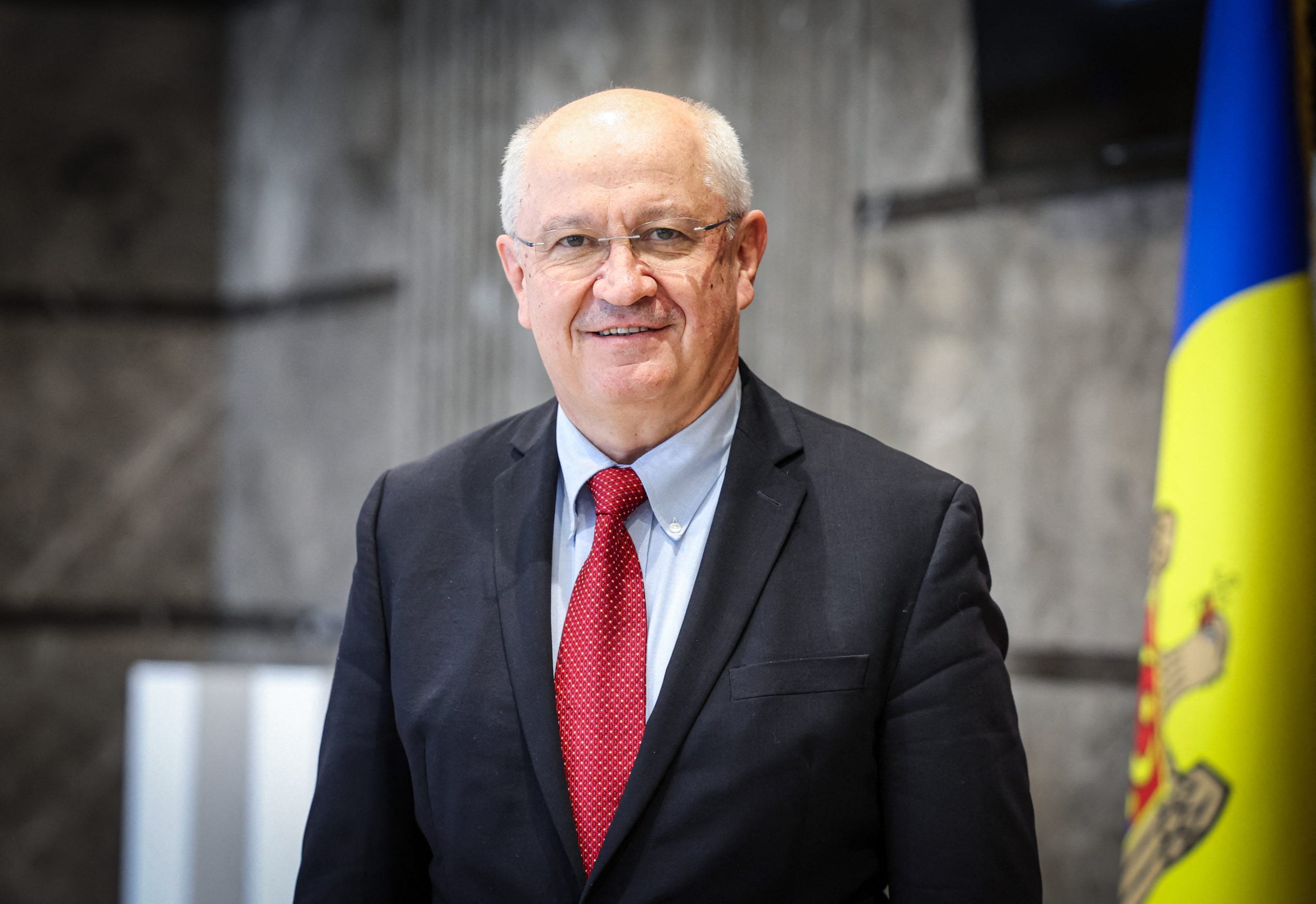
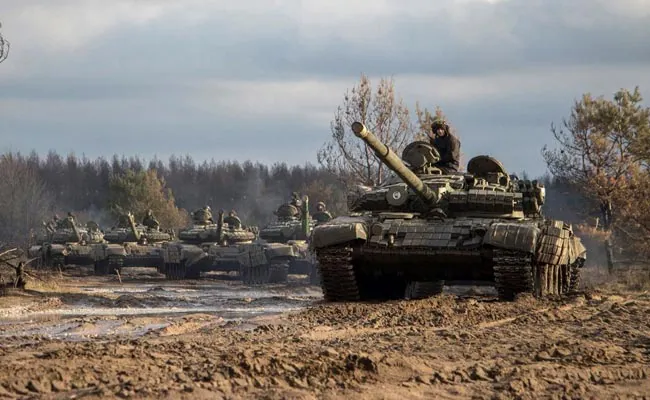








Comentează